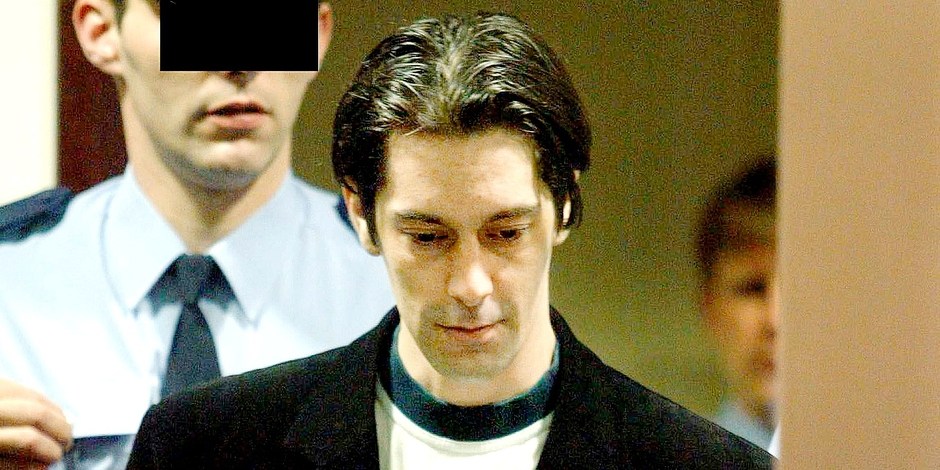Michel Lelièvre, the accomplice of serial child killer Marc Dutroux, will be able to serve the remainder of his 25-year prison sentence outside prison walls, a Brussels court ruled on Monday.
The ruling, deemed surreal by the families of Lelièvre and Dutroux's victims, laid out a lengthy list of conditions that Lelièvre should meet to benefit from the ruling.
Judges from Brussels criminal enforcement court (TAP/SURB) listed a total of 13 conditions, including that Lelièvre submits to psychological follow-ups, finds an occupation and compensates his victims —both the surviving victims and the families of the deceased— but does not contact them.
The effective application of the ruling hinges on the central condition that Lelièvre must find a place of residence within six months of the ruling or risk seeing it overturned, RTL reports.
"It is said that he has changed, but I don't believe that," Jean Lambrecks, father of one of the deceased victims, 19-year-old Eefje Lambrecks, told HLN.
"This is terrible," his partner, Els Schreurs, said, adding that it was "pure theory" and "far from reality" that Lelièvre could be released under such conditions.
Related News
- Marc Dutroux's house to be demolished, more than two decades after his victims died there
- Serial child killer's sidekick to request release with an ankle monitor
"We still have crucial questions that he never wanted to answer," she added. "Lelièvre had no small role in this story at all."
Sentenced to 25 years in prison in 2004, Lelièvre has been in jail since 1996 for his involvement in a criminal case in which he abducted six teenage girls, who were imprisoned, raped and tortured by child molester and murderer Dutroux.
Lelièvre, who confessed to playing an active role in the abductions of four girls, was sentenced on a series of charges including kidnapping and torture.
Since 2018, Lelièvre was granted permission to leave prison grounds for a period under 16 hours. The ruling on Monday is his second attempt to be released with an ankle bracelet, after a 2018 one was denied because the housing centre which accepted him pulled out at the last minute, RTBF reports.
The court's ruling on Monday also bans Lelièvre from consuming drugs or alcohol, and from moving into the Flemish Brabant, Hainaut, Liège and Luxembourg provinces, nor into the Brussels municipalities of Saint Gilles or Ixelles, or from finding a residence near a metro stop, according to RTBF.
The court also forbade him from leaving the Belgian territory for a period of forty days and from travelling to the Limburg province of the Netherlands or to Germany's Rhineland.
Gabriela Galindo
The Brussels Times

